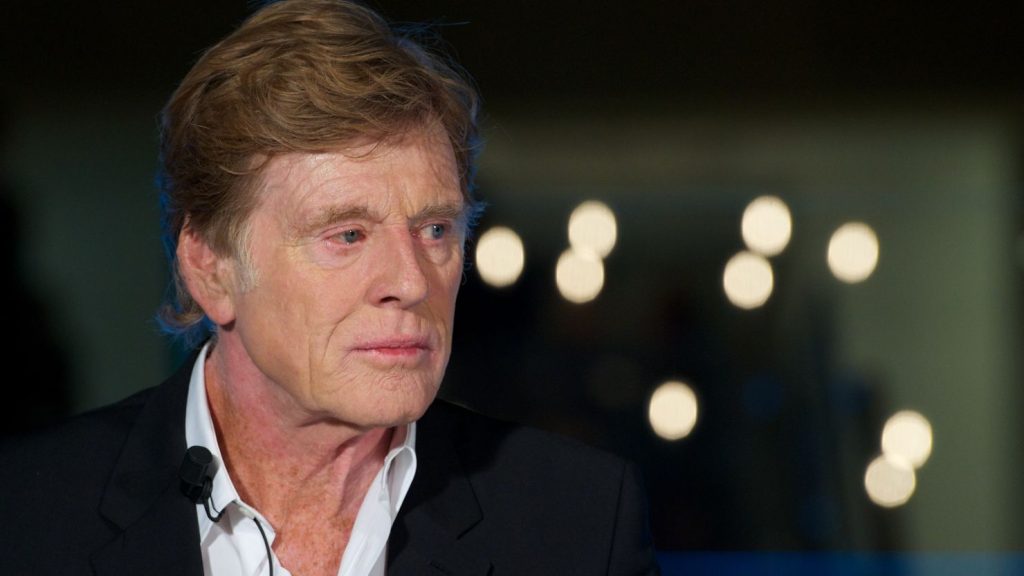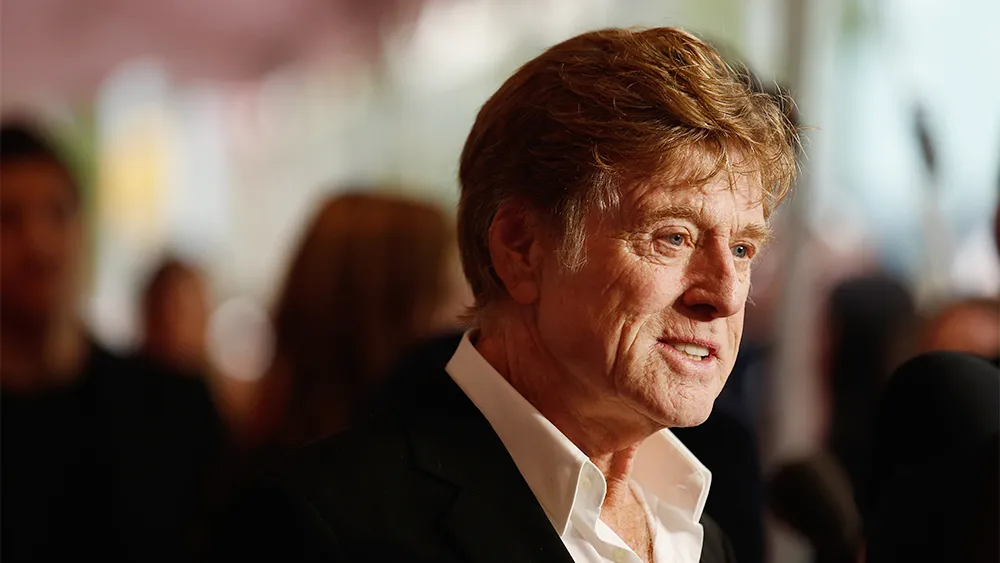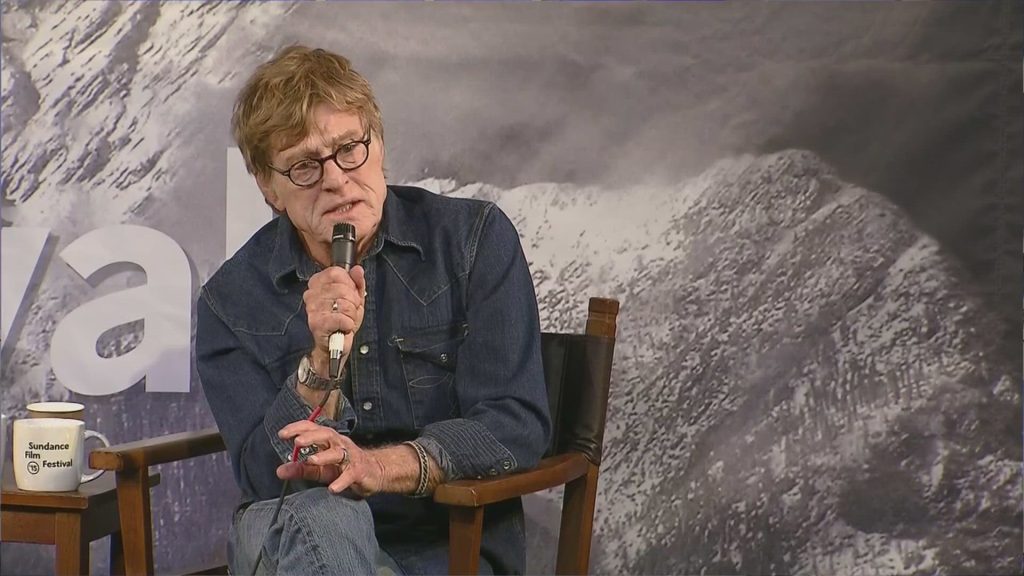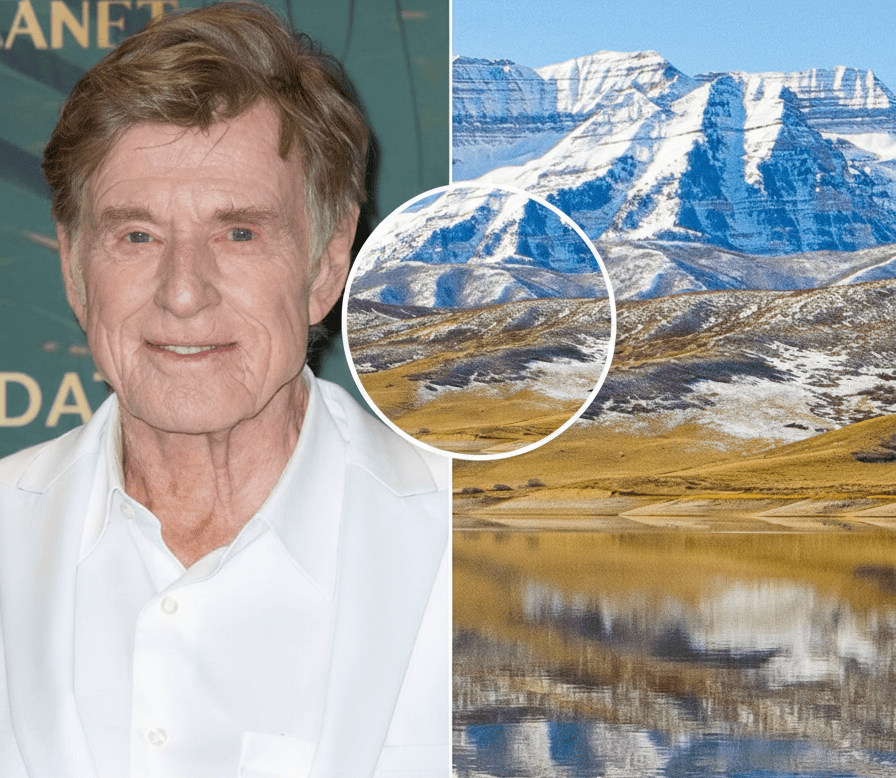Robert Redford Spent His Final Moments in Utah, the Place He Loved Most, After a Lifetime of Art, Activism, and Legacy
Robert Redford’s story has always been more than just Hollywood glamour. For six decades, he stood as one of the most respected figures in film, celebrated not only for his talent as an actor and director but also for his relentless passion for storytelling, independent cinema, and the natural world. On Tuesday, Sept. 16, the world lost him at the age of 89, as he passed away peacefully at his home outside Provo, Utah. According to his longtime representative Cindi Berger, Redford’s final moments were spent at his Sundance home in the mountains of Utah, surrounded by the people he loved, in the place he cherished most.

For Robert Redford, Utah was never just a backdrop — it was the heartbeat of his life. Decades before Park City became synonymous with the Sundance Film Festival, Redford saw the potential for the mountains and valleys to serve as a haven for creativity, reflection, and connection to the environment. In the 1960s, he bought land in Provo Canyon, and from that seed of inspiration grew not only his family’s sanctuary but also the foundation of what would become the Sundance Institute. His dream was simple yet profound: create a space where artists could push boundaries, where independent filmmakers could thrive without the weight of the Hollywood system, and where the beauty of nature was part of the creative spirit.
That vision changed the course of cinema. Sundance went from being a modest gathering to one of the most influential film festivals in the world, giving countless filmmakers a platform to tell stories that otherwise might have gone unheard. It’s impossible to think about Redford without thinking about the ripple effect he created for generations of storytellers, from unknown directors making their first films to global voices that shaped culture. He believed deeply in nurturing talent, in opening doors for others, and in creating an environment where art could flourish free of constraints.

But beyond the industry, Redford’s bond with Utah was deeply personal. He wasn’t just a visitor who admired the mountains — he lived in them, fought to protect them, and built his life around their rhythms. He was a fierce advocate for conservation and environmental activism, using his platform to fight for clean air, climate awareness, and the preservation of public lands. He spoke often about how the land taught him patience, humility, and the importance of protecting something larger than oneself. For him, nature was both a refuge and a responsibility.
His acting career is the stuff of legend: from Butch Cassidy and the Sundance Kid to The Sting, All the President’s Men, and The Natural, he helped define an era of American cinema. Later, as a director, he earned an Academy Award for Ordinary People and continued to prove that his artistry extended far beyond the screen. Yet despite decades in the spotlight, Redford never seemed consumed by fame. Instead, he kept retreating to Utah, to the quiet of the mountains, to the simplicity of life far from Hollywood. That balance — of global stardom and grounded living — was perhaps his greatest achievement.

The loss of Robert Redford feels heavy because it’s not only the passing of an artist but the end of an era where vision and values intertwined so naturally. He wasn’t content to simply act in movies; he wanted to change the way movies were made. He wasn’t satisfied with living in beautiful landscapes; he fought to preserve them for future generations. He wasn’t just a celebrity; he was a father, a husband, an activist, and a dreamer who saw the world as something he could shape for the better.
As tributes pour in from fellow actors, filmmakers, activists, and fans, one thing is clear: Robert Redford left the world with more than films to remember. He left a legacy of courage, artistry, and stewardship. He showed that home is not just a physical place but a reflection of what we love, what we stand for, and where our spirit feels most alive. For him, that was Utah — and it feels fitting that it is where his story came to a close.


